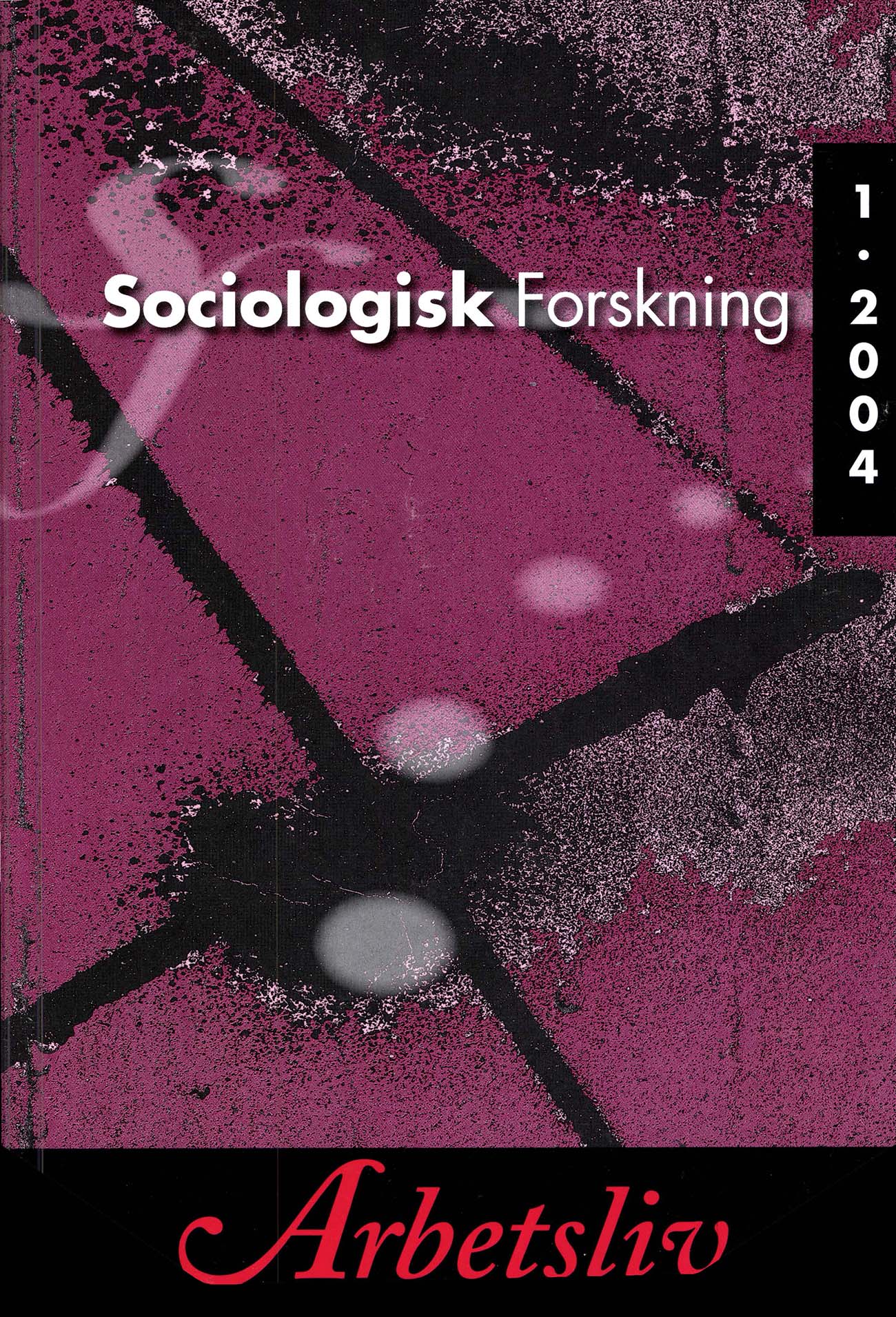Skådespelarens yrkeskunnande - en fenomenologisk studie
DOI:
https://doi.org/10.37062/sf.41.19361Nyckelord:
profession, competence, theatre, phenomenologyAbstract
Six theatre actors of both sexes differing in education and length of experience were interviewed individually on their professional competence. Phenomenological reduction generated six fundamental constituents of the actors’ professional competence interpreted in terms of a ”wheel model”: mastery of technical skills such as being able to control one’s voice and one’s body; daring to approach each new role with an open mind; being able to work effectively with co-actors in an ensemble; having a capacity for a high degree of empathy; being able to keep one’s professional and private life separate; doing one’s best at each performance. Each constituent was seen as contributing to the essence of an actor’s skill - the ability to make a role figure come alive. Similarities and differences compared with other professions are pointed out. The significance of daring to have an open mind, that is of encountering personal emotions, such as early experiences of emotional significance, in the “front region”, when studying a new role together with the director and with co-actors, is emphasized.
Downloads
Publicerad
Referera så här
Nummer
Sektion
Licens
Allt material i Sociologisk Forskning publiceras med omedelbar öppen tillgång (open access), under Creative Commons-licensen CC BY-NC-ND 4.0.
Allt innehåll i tidskriften är fritt tillgängligt utan kostnad och får för icke-kommersiella syften fritt läsas, laddas ned, kopieras, delas, skrivas ut och länkas. Innehållet får dock inte ändras. När innehållet används måste författare och källa anges. Upphovsrätten till innehållet tillhör respektive författare. Inga publiceringsavgifter tas ut.





